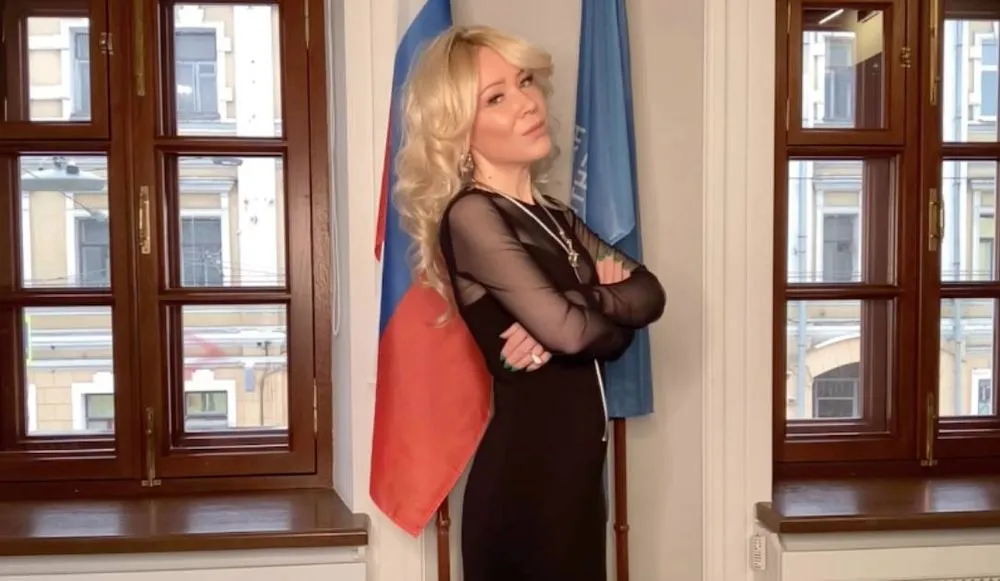Europe sanctions Russian internet censorship agency and its leader
The European Council has imposed sanctions on a Russian agency responsible for internet censorship in the country.
The council said in a statement on Monday that the Russian para-governmental organization called the Safe Internet League “aids the Russian government in enforcing censorship practices,” while its chairwoman, Ekaterina Mizulina, “is responsible for serious and systematic abuses of freedom of opinion and expression.”
The sanctions list also includes three individuals employed in the Russian judicial system, who are responsible “for serious human rights violations,” including arbitrary arrests and detentions of opposition politicians, democracy activists and the Russian-British journalist Vladimir Kara-Murza, who was sentenced to 25 years in prison.
These sanctions were imposed because of the "continuing deterioration of the human rights situation in Russia," the EU said in a statement. The European Council sets the bloc’s political direction.
Under the sanctions, the assets of the listed individuals will be frozen, and any financial contributions to them are prohibited. They are also not allowed to travel to any country within the EU.
“The EU strongly condemns the severe expansion of restrictive legislation and systematic repression against civil society and human rights defenders in Russia, as well as the unabated crackdown on independent media, individual journalists, political opposition members and other critical voices,” the European Council said.
Safe Internet League
The Russian Safe Internet League was founded in 2011 and listed the country’s largest telecom operators and tech companies among its members, including Rostelecom, Beeline, Kaspersky, and Mail.ru Group. In 2022, most of them reportedly terminated their memberships.
The organization’s initial goal was to "eliminate harmful content from the internet," such as child pornography, materials related to drugs, and content related to suicide.
However, over time, it broadened its scope considerably and began targeting anything considered detrimental to the Kremlin, including LGBTQ+ content and independent musicians.
Its head, Ekaterina Mizulina, is the daughter of Russian politician Yelena Mizulina, known for drafting controversial laws regarding the rights of the LGBTQ+ community in Russia and the adoption of Russian orphan children by foreigners. Yelena Mizulina was sanctioned by the U.S. and Canada for supporting the Russian annexation of Crimea in 2014.
Elena Mizulina is known in Russia for her denunciations of musicians, public figures, and critics of the state. Russian media reported that she filed complaints against at least four music groups and 166 individuals. As a result of her complaints, the police launched four criminal cases, resulting in fines and the cancellation of music concerts.
In response to the EU's sanctions, Mizulina said that she will continue to work "for the good" of her country and hasn't really planned to travel outside of Russia because her heart "belongs to her home."
"I was placed on the sanctions list by supporters of pedophiles, drug dealers, and savages from the European Council," Mizulina said in Russian. "My mother was placed on the sanctions list by Europe and the U.S. 10 years ago for protecting traditional Russian values. I am happy to continue this great family tradition."
Daryna Antoniuk
is a reporter for Recorded Future News based in Ukraine. She writes about cybersecurity startups, cyberattacks in Eastern Europe and the state of the cyberwar between Ukraine and Russia. She previously was a tech reporter for Forbes Ukraine. Her work has also been published at Sifted, The Kyiv Independent and The Kyiv Post.



